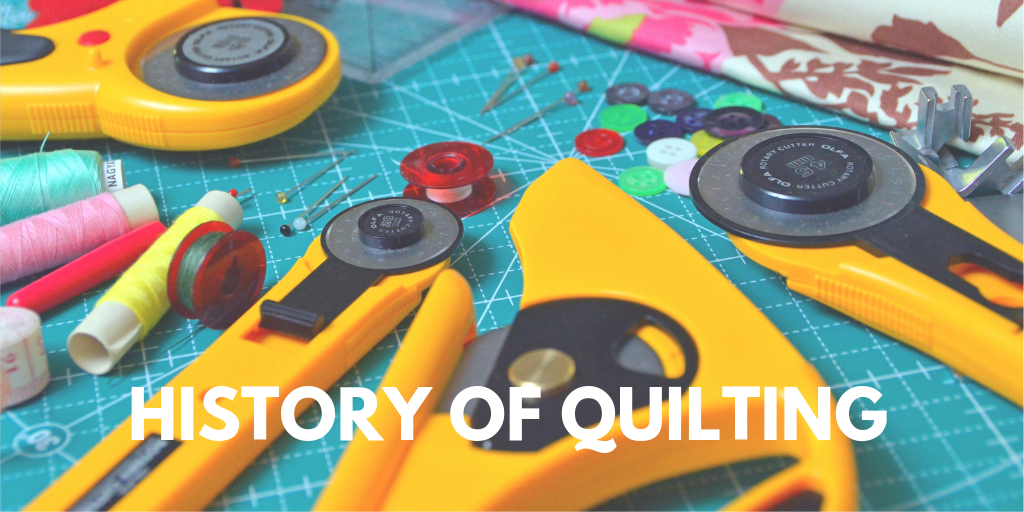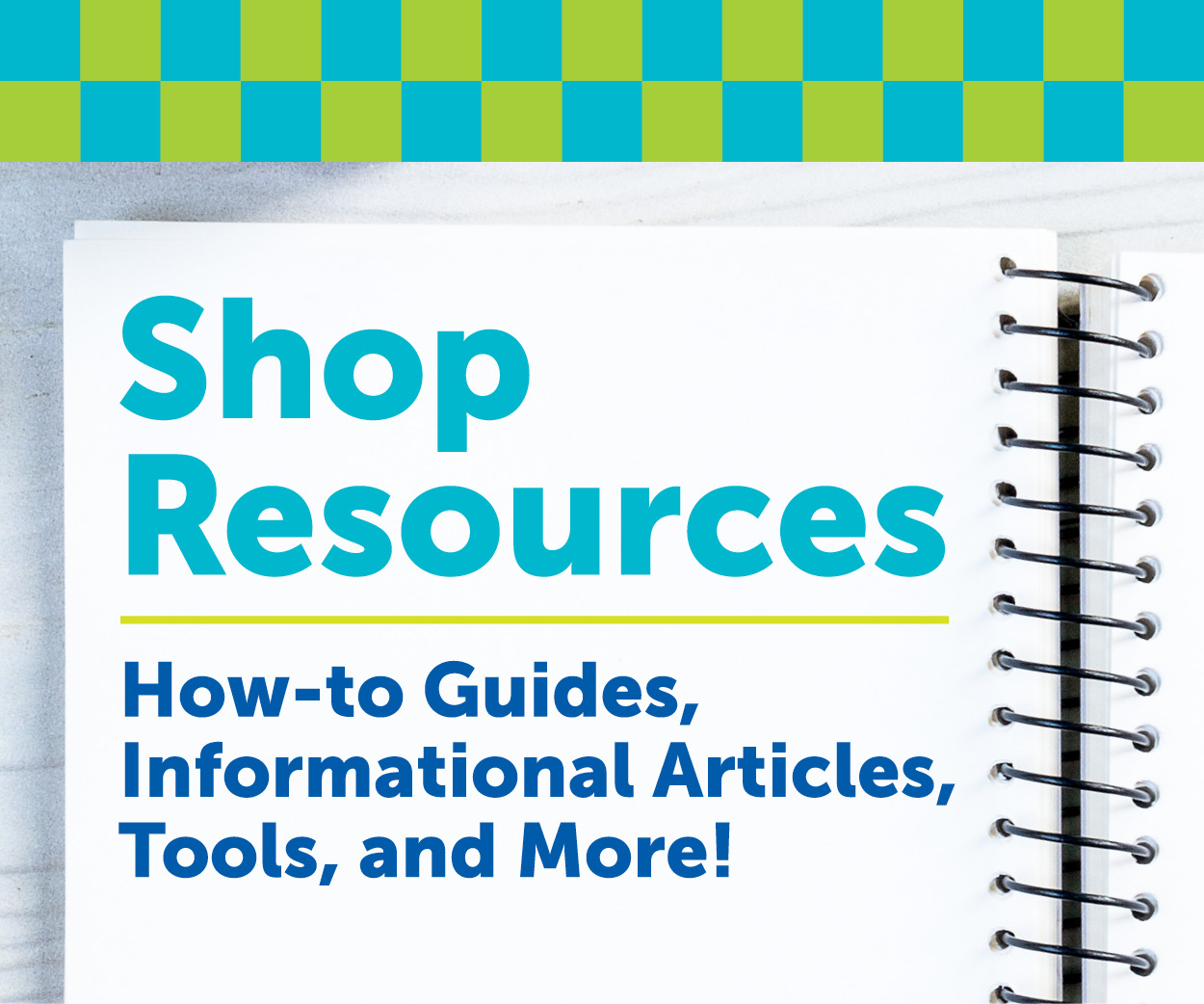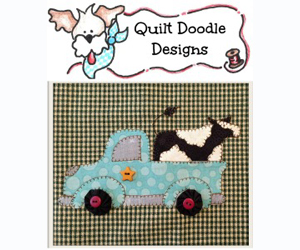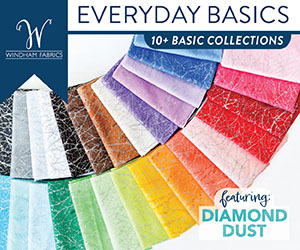
The history of quilting; one subject I had never considered even though I have been quilting nearly all my life.
The question came to mind as I thought about best practices to influence younger generations into the art form (that post to come). What makes people like quilting? When and where did it start?
And that’s when I realized, I had no idea what the history was. I had always assumed it was a tradition passed generation from generation, but how did the tradition begin?
Origin
Although an exact date is not known, quilting is thought to have begun sometime between the first century B.C. to second century A.D. and the oldest quilt was found on the carved figure of a Pharaoh who ruled during Egypt’s First Dynasty, 3400 B.C.
Quilts were also found useful during the Middle Ages—knights would wear them beneath armor for comfort and throw quilts over armor to protect from the elements.
The New World
Flash forward to settlers coming to the new world, although no quilts can be found from this time, the art of quilt making likely arrived with the inhabitants.
The reason why no quilts could be found makes sense; quilts were utilitarian. They became useful, everyday tools: to provide warmth on a bed, mats for children, walls in one room houses, and more.
The earliest surviving American quilt is dated at 1704, thanks to an exposed newspaper clipping used as padding.
Modern Traditions
Quilting transformed into a social event during the settlement of the Great Plains as a way for women to socialize. Quilts also transformed into heirlooms and a form of fundraising, especially during the World Wars, and even continuing into today.
So why did quilts survive the test of time? Because the problem they solve still exists—protection from the elements—and as it turns out quilts are a great way to do just that.
*To dive deeper into these subjects, check out these websites.
If you’re looking for more information to guide you in owning a retail business, subscribe to American Quilt Retailer today. Already a subscriber? No worries—join our Facebook group for insights and dialogue from industry specialists like you.




